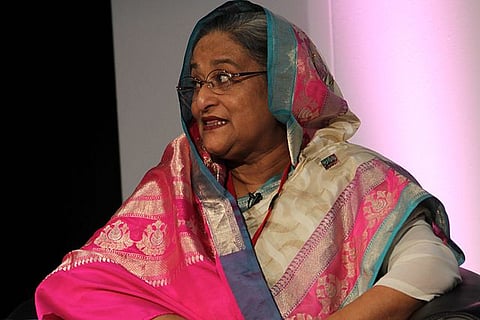

Forensically verified audio reveals Bangladesh’s exiled ex-Prime Minister Sheikh Hasina explicitly authorizing security forces to "use lethal weapons" and "shoot protesters wherever they find them" during a July 18, 2024 phone call. The BBC and Bangladesh police confirmed the recording’s authenticity, with experts finding no evidence of manipulation. This evidence forms the core of her ongoing trial for crimes against humanity.
The UN documented "systematic attacks" under Hasina’s rule, concluding security forces killed protesters through extrajudicial executions, torture, and mass imprisonment. At least 1,400 died, including 12% minors during the 45-day crackdown, which aimed to suppress pro-democracy demonstrations initially sparked by civil service quota reforms. The bloodiest incident occurred in Dhaka’s Jatrabari district, where police massacred 52 protesters in a single day.
On July 2, 2025, a Bangladesh tribunal sentenced Hasina to six months in prison for contempt of court over remarks threatening witnesses: "I have a licence to kill 227 people". She remains in India, which has ignored extradition requests despite Dhaka’s formal appeals. Her Awami League party, now banned, dismisses all charges as "politically motivated".
Nobel laureate Muhammad Yunus’s caretaker administration has indicted 203 individuals tied to the crackdown, including 73 currently detained. Reforms include repealing repressive cyber laws, ratifying the Convention on Enforced Disappearances, and converting a secret torture site into a museum 9. UN rights chief Volker Türk praised these steps but urged sustainable justice to heal divisions.
Hasina’s ouster triggered Bangladesh’s pivot toward China and Pakistan, with Yunus securing $2.1 billion in Chinese investments during his first state visit. India’s sheltering of Hasina has strained bilateral ties, prompting trade restrictions and fueling anti-India sentiment. Elections scheduled for 2026 will test the durability of these realignments.